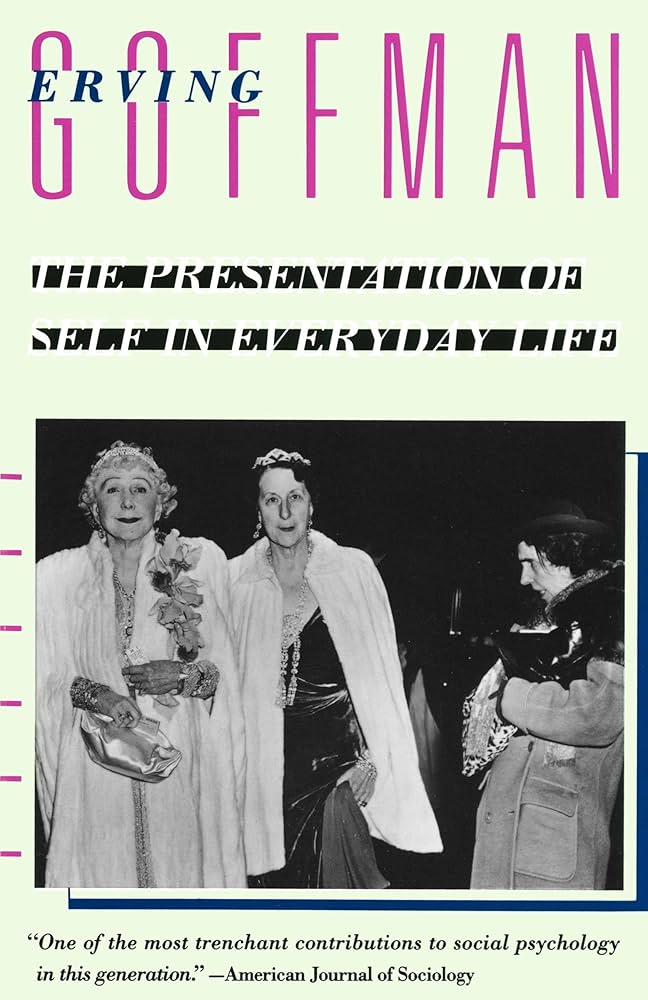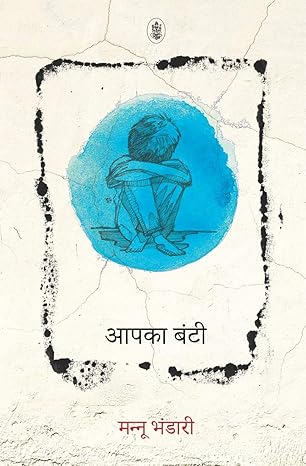In my little world of dreaded textbooks and journal articles, I managed to squeeze in some time—while waiting for yet another soul-diminishing exam result—to read something that could entertain my scholarly, demonized brain.
My choice of poison? A red-covered dust collector—sitting alongside black, blue, and white spines—waiting on my shelf for ages after an impulsive online purchase: 1984 by George Orwell.

1984, a critically acclaimed classic of dystopian literature, was surprisingly easy to read, challenging to grasp, and intellectually stimulating. It makes for the perfect choice for someone trying to break out of a reading rut or looking for a quick, thought-provoking read for a weekend, train, or flight journey.
Although the novel claims to be a work of fiction, it feels like a product of the Red Scare and the political upheavals happening in America and Europe, influencing many writers in the aftermath of World War II. What fascinates me most is Orwell’s deep understanding of subjects like totalitarianism, socialism, and oligarchy, and his ability to explain these complex ideologies in a way that no one else (in my limited scope) has managed.
Moreover, what intrigues me even more is Orwell’s ability to depict “a world that is supposed to be dystopian yet feels like a proximate and contemporary reality.” Concepts like “Big Brother is watching you!” or the division of society into classes and the manipulation of the ignorant masses still feel disturbingly relevant. Orwell’s slogans, such as “War is Peace, Freedom is Slavery, and Ignorance is Strength,” powerfully capture the manipulation of truth by those in power.
Winston Smith, the protagonist, is a member of the Outer Party, living under the oppressive rule of the Party in Oceania, where the ideology of Ingsoc (English Socialism) reigns supreme. His ongoing internal battle to seek the truth, his desire to join the Brotherhood, and his growing discontent with the state highlight the bravery of a character who, ironically, seems weak and uncertain in his convictions at the beginning. Yet, it is precisely these internal struggles that make him all the more relatable.
Winston’s journey can prompt you to embark on your own personal reflection—questioning your reality, your understanding of freedom, and your thoughts on governance. It also shows how things can spiral when faith in any form of governance becomes blind.
The world-building in 1984 is remarkable, pulling you into Oceania’s bleak, oppressive environment. The language remains simple, making it accessible to a wide range of readers, but the ideas Orwell presents are anything but simplistic. However, some parts of the book can feel repetitive, particularly with the continuous reinforcement of Party slogans and ideology. Despite this, the pace picks up significantly in the third part, where the plot intensifies into a gripping, harrowing exploration of power, control, and the fragility of the human spirit.
1984 is a good-read for anyone, regardless of their level of literary experience, as it has something to offer everyone. The unsettling relevance of Orwell’s world to our own ensures that this novel will remain a timeless reflection on society, power, and human nature.
Buy 1984 on Amazon: Click here to get your copy
If you make a purchase through this link, it support us in creating more insightful content—at no extra cost to you!



जॉर्ज ऑरवेल की *1984* आज भी उतनी ही प्रासंगिक लगती है, क्योंकि इसमें सत्ता, आज़ादी और समाज पर गहरी सोच को सरल भाषा में पेश किया गया है। Telkom University Jakarta